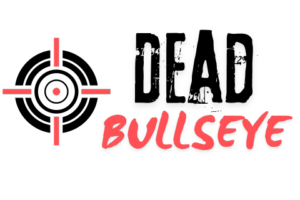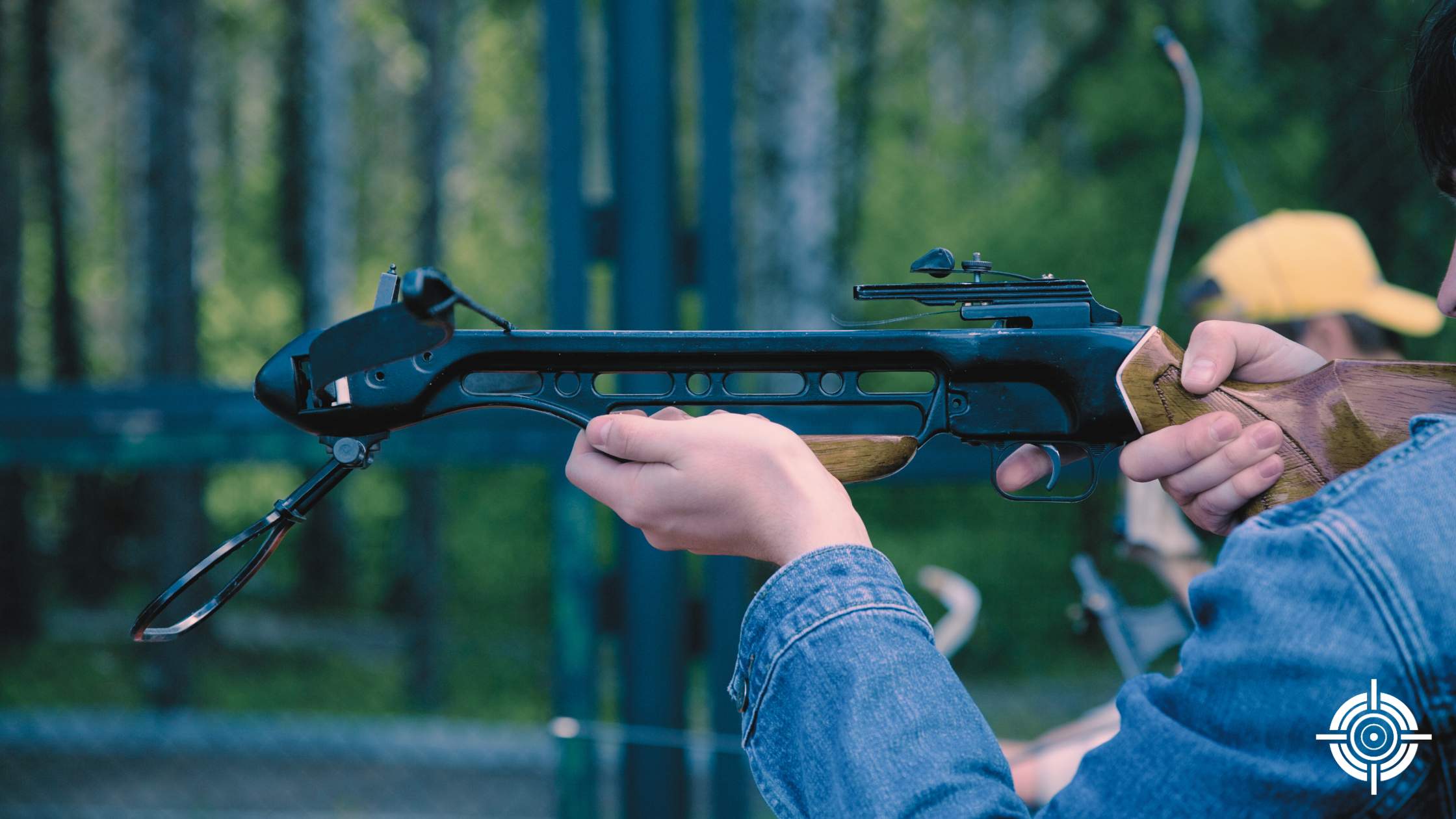So you’re interested in crossbow hunting for beginners, eh? It’s no wonder—crossbow hunting has exploded in popularity. It’s a great way to get into hunting. But where do you even begin with crossbow hunting for beginners? It can feel pretty overwhelming.
Don’t worry, we’ll cover all the need-to-know basics to start your crossbow hunting journey confidently. We’ll discuss choosing your crossbow, understanding the legal stuff, mastering the basics, and getting ready for the season. By the time you’re done reading this, you’ll be well on your way to becoming a crossbow hunting pro.
Table of Contents:
Choosing Your First Crossbow
Choosing the right crossbow can make or break your hunting experience, especially as a beginner. Luckily, with advancements in technology, crossbows have become more user-friendly. This makes it easier for new hunters to get started. But, there’s still a lot to think about when choosing a crossbow. You’ve got to make sure you pick the right crossbow to fit you, your needs, and of course, your budget.
What to Look for When Choosing a Crossbow
Let’s dive into what you need to consider when picking out a crossbow:
Draw Weight:
Draw weight refers to the force required to pull the crossbow string back. A crossbow for hunting often has minimum draw weight requirements in several states. For example, Nevada requires a minimum crossbow draw weight of 125 pounds. You will want to make sure you are picking a crossbow within your weight range, as this can significantly affect your shooting accuracy.
Speed and Power Stroke:
These two go hand in hand. The speed of your crossbow dictates how fast the arrow flies, which affects the kinetic energy delivered upon impact. A faster crossbow with a longer power stroke will typically result in a flatter trajectory and more penetration.
Weight and Size:
While a lighter crossbow might seem tempting for easy carrying, it often comes at the expense of accuracy, especially for beginners. Heavier crossbows are often more stable. However, if a crossbow is too large or heavy for you, maneuvering in tight spaces or tree stands becomes a challenge. Make sure the weight and size of your crossbow are something you can handle in the field.
Budget:
Prices vary when it comes to crossbows, and you’re often better off saving for a quality crossbow that offers better accuracy and longevity. This rings true for any type of hunting. If you rush the purchase, you might end up replacing it sooner rather than later. A good quality crossbow is an investment.
Remember, heading down to your local archery store and getting hands-on with different hunting crossbows is always a good idea. The pros there can offer personalized recommendations. This will help ensure you find the right fit.
Understanding the Law
As a crossbow hunter, you’re obligated to know and follow all the rules in your area. Before you head out into the wild (and we mean *anywhere* outdoors), it’s super important to familiarize yourself with crossbow hunting regulations in your area. Not all states allow crossbow hunting, and those that do may have restrictions you’ll want to familiarize yourself with.
Things to Know Regarding Crossbow Hunting
Let’s break down some common things to be aware of regarding crossbow hunting:
Where It’s Allowed
Some states limit crossbow use to specific seasons or for hunters with physical disabilities. Hunting migratory birds, such as ducks or geese, with a crossbow is illegal in several places. One example is Oregon. It’s best to check with your state’s wildlife agency. This way, you get the most up-to-date regulations for your specific area. You’ll need to know when crossbow hunting season starts and ends. It’s important to only pursue crossbow deer hunting in areas where it’s legal. You can also check with your local archery store.
Licensing
Most states that permit crossbow hunting will probably need you to have a hunting license and possibly an additional crossbow hunting permit. Requirements can differ from state to state. Make sure to verify what’s required where you plan to hunt. This will ensure your hunting experience is enjoyable and that you are hunting legally.
Safety Courses
Some states might need you to complete a hunter education course before getting a license, especially for those new to hunting. These courses are designed to enhance the safety and ethics of hunters while promoting wildlife conservation. You can check with your local wildlife agency to see whether they have hunter safety courses in your area.
Mastering Crossbow Hunting Basics
Getting your crossbow sorted is only the beginning of crossbow hunting for beginners. Now, you’ve got to get comfy using it. Learning proper technique is key, especially if this is your first time picking up a crossbow. You might even be new to any archery.
Mastering Essential Techniques for Success
There are essential techniques to make you a more successful crossbow hunter. These will keep you safe in the field, too.
Safety
Always treat your crossbow as if it’s loaded, even when it isn’t. That’s Hunting 101, friend. Be sure of your target and what lies beyond it before taking a shot, of course. And please, don’t aim your crossbow at anything you don’t plan to shoot. Keep your finger off the trigger until you are ready to shoot. Make sure your crossbow is pointed in a safe direction at all times, even if you are sure it isn’t loaded. Safety should always come first in any situation.
Cocking
Invest in a quality cocking device for your crossbow. Not using one is extremely risky, especially for a beginner. There are options, like TenPoint’s ACUdraw or ACUdraw50. They offer integrated and easy-to-use cocking systems. Using a rope cocker can damage your crossbow and lead to inconsistent shots.
Shooting Practice
Before even thinking about heading out to hunt, spend as much time as you need getting comfortable and confident with your crossbow at a range. Practice with your crossbow in different weather conditions to see how it affects accuracy. You can pick either a portable target for discharging field tips or a target designed specifically for crossbow bolts when practicing. You will want to make sure your crossbow scope is sighted in correctly at a variety of distances.
Accuracy Is Key
Due to crossbow limbs being smaller compared to compound bows, the effective range is about half. Make accuracy your number one goal every time. Practice different positions: try standing, kneeling, or sitting, to mimic real-life hunting scenarios. This will help with proper weight distribution. Try to limit your shots to 40 yards or less, even with practice. The goal is to make good shots on your hunt and have proper arrow placement.
When crossbow hunting for beginners, make sure to consider a few other things before heading out to the field. Do you plan to sit in a ground blind or hunt from an elevated position? Thinking about this beforehand will help with what gear to take and what will be most useful for your crossbow deer hunting adventures. Do you have all the necessary hunting tools? Hunting arrows, a case for your crossbow, any crossbow accessories?
Also, learning about the animal you’re hunting is very important. Understanding their behaviors can make you a better hunter. Understanding their food sources, travel patterns, and preferred bedding areas will give you an edge. For example, knowing what deer eat during a particular season will allow you to set up in a location they will frequent.
Conclusion
Crossbow hunting for beginners can feel a tad challenging with so much to learn, but take your time. Embrace this exciting endeavor. Soak up all that information, and get out there to experience it. But most of all, prioritize safety and responsibility when crossbow hunting—or any hunting, for that matter. Happy Hunting.

